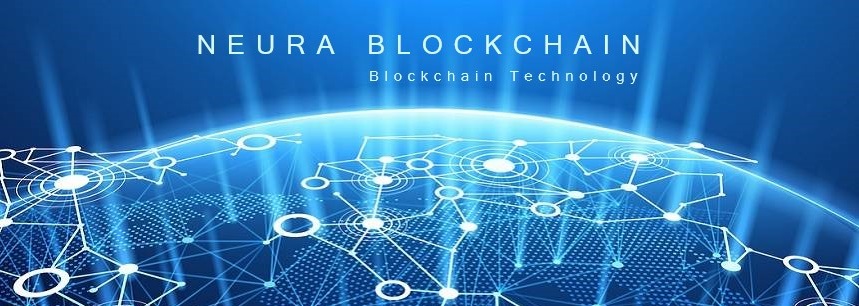The R3 consortium has announced 'Corda', a distributed ledger platform whose creators say does not look like the Blockchain.
Corda is the name given to this distributed ledger of records that, although it could well be considered a blockchain, the creators and executives of the R3 consortium have made it clear that it is not. The banks and companies grouped in the consortium will start testing on the platform in the coming weeks.
As published on the consortium's blog, Corda is a prototype distributed ledger platform, specifically designed to manage financial agreements between regulated financial institutions. Corda is largely inspired by capturing the benefits of blockchain systems, albeit without the design options that make blockchains inappropriate for many banking scenarios.
The team that has developed Corda is led by James Carlyle as Chief Engineer and the former Bitcoin developer Mike Hearn, now as the Engineering Leader in said banking platform.
Some key features of Corda are:
* Corda provides global dissemination of data up to the necessary: only those parties that have a legitimate need to know them, can see the data within an operation.
* Corda coordinates the workflow between companies without a central controller.
* Corda achieves consensus between companies at the level of individual agreements, not at the system level.
* The design of Corda allows the nodes to directly be observers of regulation and supervision.
* Transactions in Corda are validated by the parties to the transaction, rather than a broader set of unrelated validators.
* Corda supports a variety of consensus mechanisms.
* Corda records an explicit relationship between legal documents in human language and the smart contract code.
* Corda is based on industry standard tools.
* Corda does not have a native cryptocurrency.
Corda the anti-blockchain?:
This platform takes various characteristics of blockchain technology, however one thing is clear: the search for general consensus is not one of its characteristics. Although it has a distributed ledger structure, access is not public and only when two parties carry out an agreement, you can access the ledger.
Even before this platform was announced, there had already been a lot of talk about the impossibility of a public blockchain with distributed consensus being really useful for banking applications. Today R3 confirms the suspicions with the announcement of Corda.
According to the Bloomberg portal, the Head of Technology of R3 Richard Gendal Brown, stated that Corda meets the objective that banks want to share only what is needed for the rest of the group's companies to confirm that assets and cash have changed hands and nothing more.
We don't send (information) to other people in encrypted form; we just don't send it at all. It seems obvious, but that does not mean that it is a universally shared vision.
Richard Gendal Brown (Head of Technology for R3)
Even before this platform was announced, there had already been a lot of talk about the impossibility of a public blockchain with distributed consensus being really useful for banking applications. Today R3 confirms the suspicions with the announcement of Corda.
Alejandro O. Asharabed Trucido



No comments:
Post a Comment